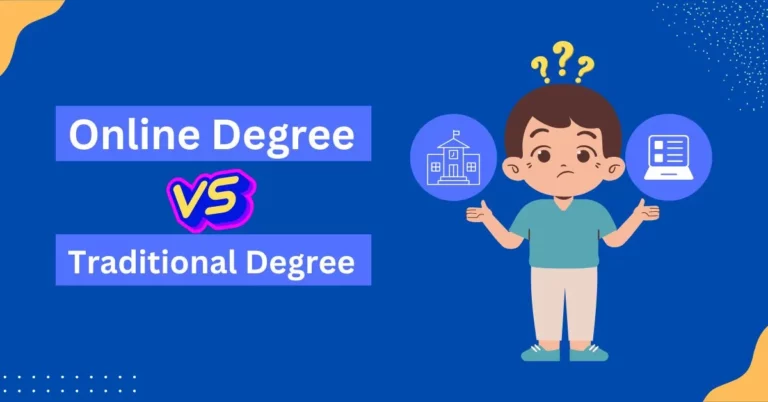Difference between Inverter and Non-Inverter. An air conditioner is a machine that removes heat from space using a refrigeration cycle. When the heat reaches a certain level, it activates and extracts the hot air to the outside of the room. The process can be reversed to warm up an enclosed area as well.
Air conditioning units are commonly used for homes, offices, and public spaces such as airports because they reduce or eliminate uncomfortable weather conditions such as extreme heat or cold.
Some other benefits include controlling humidity levels and improving indoor air quality by removing airborne particles from dust mites and mold spores. The invention of Air Conditioner was first introduced around 1902 with electric fans blowing
cool air into rooms powered by stationary steam engines located on top floors of buildings.

Types of Air Conditioners
In order to maintain a comfortable temperature, it is necessary to have an air conditioner. The type of air conditioner installed in your home will depend on various factors such as geographical location, environmental conditions, and Air Conditioner usage.
Today, we will be looking at two types of air conditioning units that can be used in your home: one is Inverter Air Conditioner, and the second is Non-Inverter Air Conditioner. Read on for more information about these types!
Comparison between Inverter and Non-Inverter
Air conditioners are Electronic appliances used for cooling. Depending on the models, they come with different (Different ways of online earning) specifications. Air Conditioners can either be inverters or non-inverters, i.e. depending on whether it is equipped with an inverter or not.
Inverter Air Conditioner
Inverter technology is a kind of variable speed technology. Inverter-based air conditioners can adjust the compressor’s speed to ensure optimal performance and power consumption depending on the heating and cooling requirements.
Inverter-based air conditioners are much more efficient in terms of power usage when compared to non-inverters. Inverters work by modulating the power supplied to the compressor motor based on the requirement. The inverter-based air conditioners use much less energy, and the power consumption is much lesser than non-inverters.
Non-Inverter Air Conditioner
Non-inverter air conditioners do not have this technology and maintain a constant speed irrespective of the load applied by the cooling requirements. These air conditioners are equipped with compressors that run at a fixed speed and offer better cooling performance. However, they tend to be less efficient than inverter-based models.
Non-inverters use more power when compared to inverters as it runs at maximum capacity throughout the time without any load-sensing capability. Non-inverters are usually cheaper than inverter air conditioners. These are some of the factors to consider when comparing non-inverters and inverter Air Conditioners. We hope that you will choose an air conditioner based on your requirements after reading this article.
Capacity:
This factor depends on the space or area to be cooled. Inverter Air Conditioners offer a better cooling performance compared to non-inverters as it automatically adjusts based on cooling requirements.
Energy consumption:
Energy consumption is one of the most important factors when buying an air conditioner which helps in reducing electricity bills and also provides a greener environment by using less electricity. Inverter Air Conditioners are much more efficient in terms of power usage when compared to non-inverters as it modulates the power supplied to the compressor motor based on cooling requirements.
Noise levels:
Non-inverters produce low noise levels, while inverter air conditioners have variable noise levels when working based on cooling requirements. This factor depends on the category of buyers, i.e., residential, commercial, and industrial users. The noise levels also significantly depend on the indoor unit type, such as floor standing models tend to produce low noise levels compared with other styles such as wall-mounted ones, etc.
Fixed costs:
Non-inverters usually cost less than their inverter counterparts due to the absence of inverter technology when compared to the latter.
Who should use Inverter type of Air Conditioner unit??
The question of who should use an Inverter type Air Conditioner unit is a very common question. The Air conditioner unit, which works on an inverter compressor, provides efficient cooling at a high cost in electricity bills. So it depends upon the budget and usage whether one should go for such Air conditioner units or not.
Nowadays we can there is the latest type of Air Conditioner which we called dc inverter ac is also a unit that can generate cold air from your home’s power supply, without any outside connections. It works by using the electricity from your home to create coolant which then flows through an evaporator and creates cold air for you to enjoy.
How do Inverter Air Conditioners work?

Inverter Air Conditioners work is by the evaporation of water molecules through a heating element. The heating element is usually a small electrical charge and a heating element designed to be electrically operated. Inverter Air Conditioners cool your house by evaporating water vapor through a wet plate liner and then into a condenser unit. There will be a fan motor to circulate the air and a compressor to push it through the condenser units in a typical unit. This is all it takes to cool your home.
Distillation is a cooling method that uses a vapor compression unit to extract heat from the air. The unit works by pushing hot air through a colder evaporator coil. These coils extract heat and change it to steam. The steam is forced through a cooling unit where it heats the water. The smoke is then circulated through your home.
When choosing an air conditioner, you must find the right size for your home. It is always best to consult a professional to ensure that you get the correct equipment. You also want to find an AC that will not only cool your home efficiently but will also be able to do so in the least amount of energy. Many people building a new home choose to purchase a portable air conditioner that can be moved with them.
Inverter Air Conditioners work by sucking hot air out of your home and forcing it through a series of coils on the unit’s exterior. This process continuously pulls hot air from the exterior and heats it to be released into your home. These units are great for places where you experience cooler temperatures from time to time. However, if you suffer from severe weather conditions, such as hurricanes, you should invest in a more permanent and expensive cooling solution.
How to maintain your new Air Conditioner unit?
Air conditioning fever is a common fever during the peak summer months. Air conditioners come in all shapes and sizes, from different brands and manufacturers often have a recommended maintenance schedule for their product. Although some exercises are better than others, several simple steps will help you maintain your air conditioner, so it lasts longer.
1) Clean the exterior of your air conditioner once a month. Most manufacturers recommend using a mild solution to wash the unit. In addition to removing surface dirt and dust, this wash will keep pipes from freezing in winter. Air filters should be replaced or cleaned every month or two, depending on the type you use.
2) Regularly check the outdoor compressor for damage such as leaks. Air-conditioning units usually have a protective grate that covers the unit and prevents injury, but you must still wear protective gear to maintain your AC unit.
3) Keep your ducts clean to prevent bacteria and fungus from building up in ventilation ducts and filters and distribute the perfect temperature throughout your home. Air ducts accumulate lint and dust over time, which can reduce airflow and increase your energy use. Air conditioners should be inspected at least twice a year for problems such as leaks and damage to the outside of the unit.







